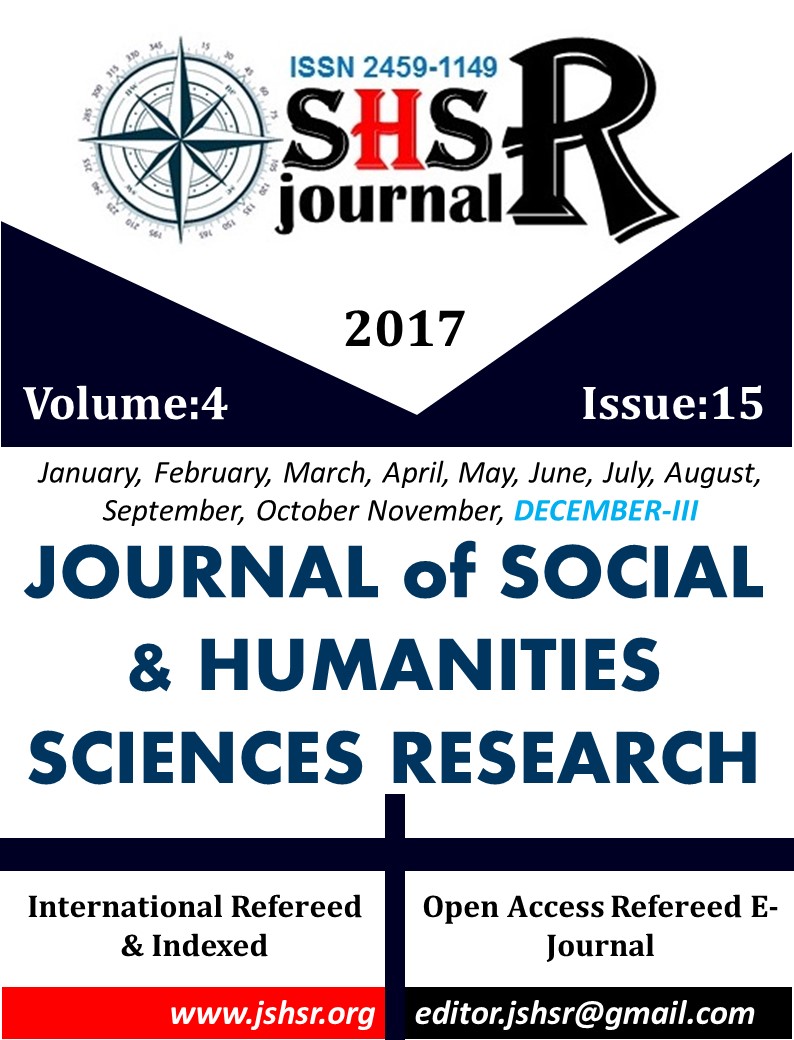POETRY PERCEPTION OF THE 1990 AND 2000 GENERATION TURKISH POETS
DOI:
https://doi.org/10.26450/jshsr.280Keywords:
The 1990 and 2000 Generation Turkish poetry, poetics, “problem”, epicAbstract
The 1990 and 2000 generation poets expressed their awareness of the greatness of the Turkish poetry under the influence of the heritage of poetry they had received from the past, and had their own poetry perception by accepting or rejecting the earlier periods. Although the poets of classical literature critics, particularly Nefi, influenced this turn, Tanzimat literature poetry, which we regard as the beginning of our modern poetry, should be regarded as a source for directing poetry perceptions in the post-1990 period. The concept of "problem" in poetry that started with the Tanzimat continued with the İkinciYeni [Second New] and became the main preamble for the 1990 and 2000 generation poetry. The poets of the given period developed their poetry perception within the framework of this “problem” and grounded their insights on this basis. Polemics such as how a good poetry should be like, romanticism-reality relationship in poetry, reflection of daily life on poetry, the use of daily language in poetry, poet-poem-society relationship, attitude of poet towards power and ideology, today’s poetry facing the problems, Islamist poetry or poet, have become important issues which determine the poetics of today’s poetry and poets. It is noteworthy that epic poetry dominates the poetry of this period in terms of the issues treated as subjects in the works of art. In order to better understand the epic poets of our day, their perception on the events within the scope of poetry and their related approaches should be investigated. This study will address these sensitivities that have emerged for the 1990s and 2000s Turkish poets and their poetics.
Downloads
Published
How to Cite
Issue
Section
License
Copyright (c) 2017 INTERNATIONAL JOURNAL OF SOCIAL HUMANITIES SCIENCES RESEARCH

This work is licensed under a Creative Commons Attribution 4.0 International License.


